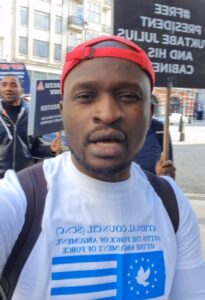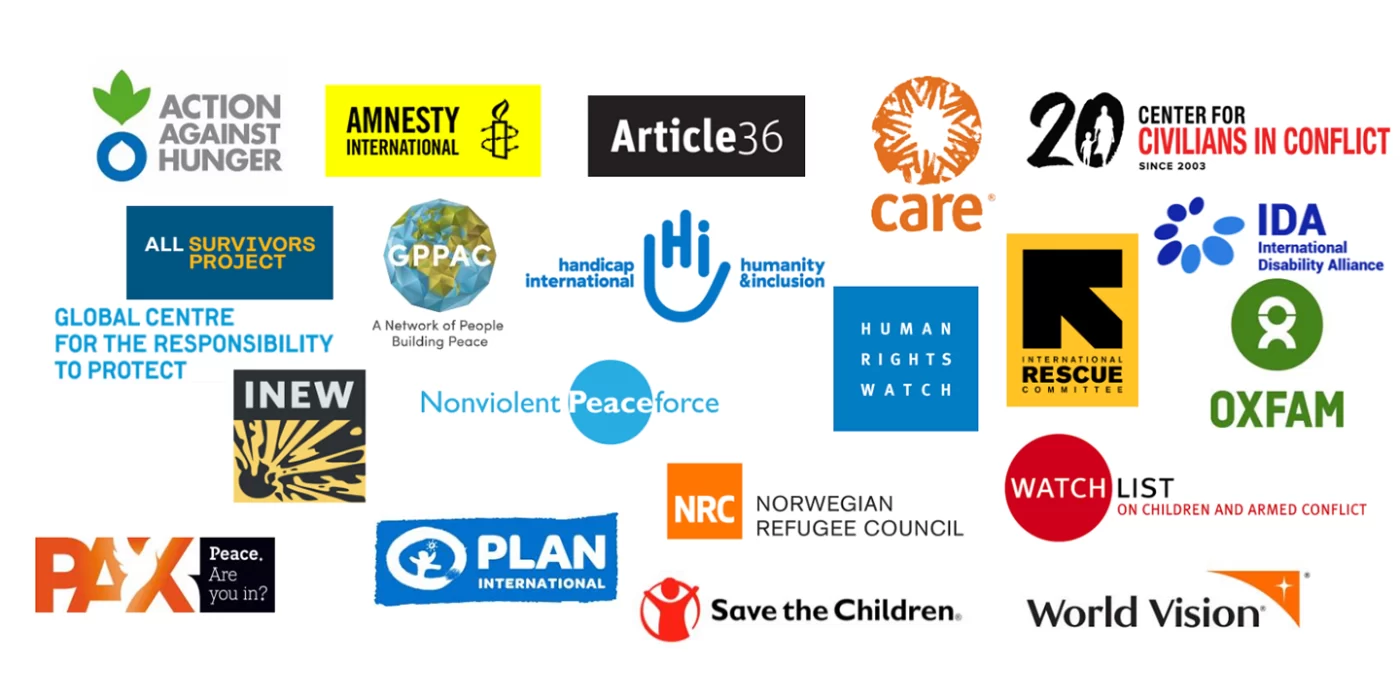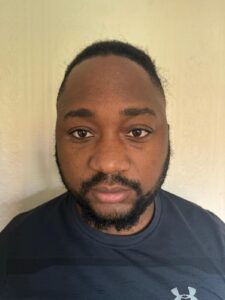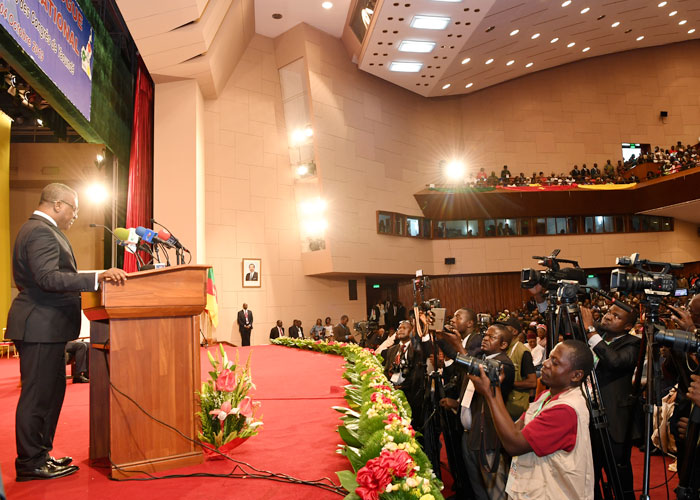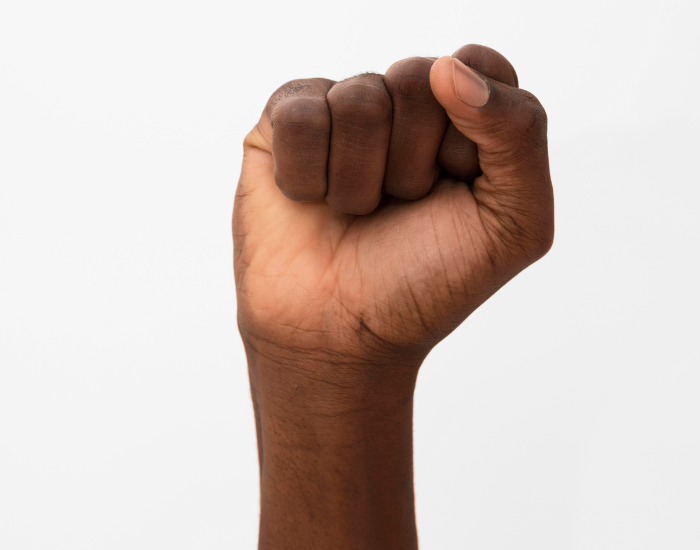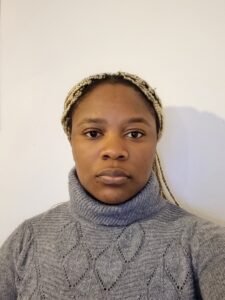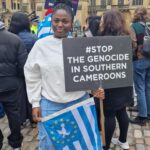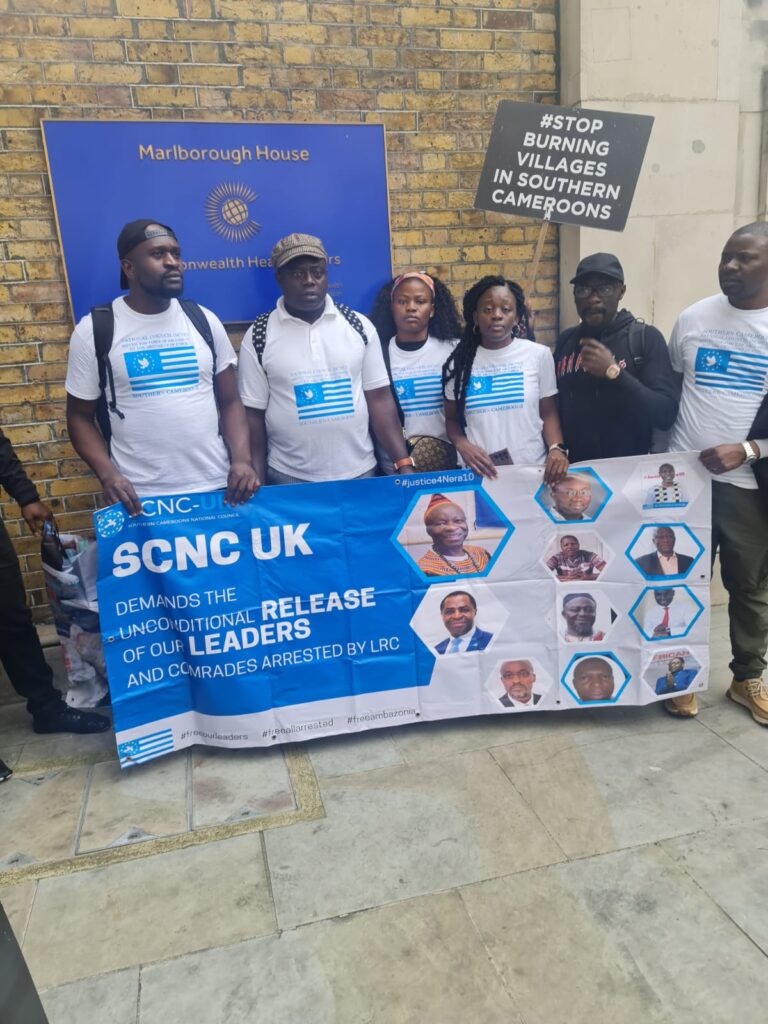The Harsh Realities of Going Through the Asylum Process as a Southern Cameroonian living in the UK
Living in the United Kingdom as an asylum seeker and a member of the Southern Cameroons National Council (SCNC) brings forth a myriad of harsh realities, each intertwined with the struggles of survival, trauma, and navigating the complex asylum process. For many of us, the journey to seek refuge in the UK is marked by trauma, persecution, and the constant fear of retribution from our country of origin. As we grapple with the aftermath of torture, post-traumatic stress disorder (PTSD), depression, and separation from their families, the road to safety and security becomes fraught with challenges and uncertainties.
For SCNC members going through the asylum process, the decision to flee our homeland is often fuelled by the brutal repression and persecution we face at the hands of the evil Cameroonian government and its corrupt military. As advocates for freedom and democracy in Southern Cameroon, we find themselves targeted and persecuted for our activism, leaving us with no choice but to seek sanctuary in foreign lands. However, the scars of our past experiences linger, haunting us as we embark on a journey towards an uncertain future.
Upon arrival in the UK, we face a daunting asylum process that is characterized by bureaucratic delays, legal complexities, and prolonged uncertainty. Throughout this arduous journey, we are prohibited from working and sometimes forced to rely on meagre government support, often barely enough to cover our basic needs. This lack of financial stability exacerbates our already precarious situation, leaving us vulnerable to exploitation and destitution.
The psychological toll of fleeing persecution and enduring the asylum process takes a heavy toll on the mental health of our people and our families. Many grapple with debilitating symptoms of PTSD, depression, and anxiety, triggered by memories of torture, violence, and loss. However, accessing mental health support and trauma-informed care is often a challenge, as we navigate an unfamiliar healthcare system with limited resources and cultural competency.
Moreover, the separation from our families adds another layer of anguish to our plight. Forced to leave loved ones behind in our homeland, we grapple with feelings of guilt, loneliness, and isolation, compounded by the constant fear of persecution that extends across borders. The inability to reunite with our families exacerbates our sense of displacement and longing for home, leaving us with a profound sense of loss and longing.
In the face of these immense challenges, SCNC members and asylum seekers in the UK demonstrate remarkable resilience and strength. Despite the adversities we face, we continue to advocate for our rights and speak out against injustice, drawing on our collective experiences to amplify our voices and demand recognition and protection. Our unwavering courage and determination serve as a testament to the human spirit, inspiring solidarity and support from allies and advocates worldwide.
In conclusion, the harsh realities of living in the UK as an asylum seeker and a member of the SCNC underscore the urgent need for greater compassion, empathy, and support for those fleeing persecution and seeking refuge. As we navigate the complexities of the asylum process and grapple with the lasting effects of trauma and separation, we deserve to be treated with dignity, respect, and humanity. It is incumbent upon governments, communities, and individuals to uphold their duty to protect the rights and well-being of asylum seekers and refugees, ensuring that we are provided with the support and resources needed to rebuild our lives and thrive in our new homes.
Written By: Valery Fonyuy Tata
